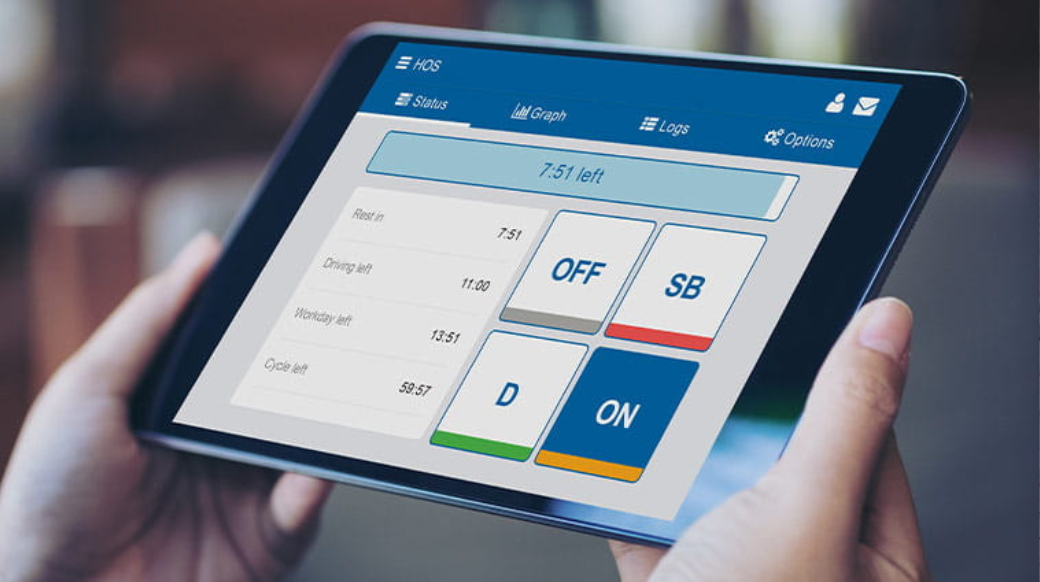Understanding Texas Hours of Service Regulations for Fleets

Understanding Texas Hours of Service Regulations for Fleets
Navigating the complex landscape of Hours of Service (HOS) rules can be challenging for both drivers and fleet managers. In Texas, understanding the state’s unique HOS regulations, known as “Texas hours of service,” is vital to ensure safe and compliant operations. So buckle up and join G BYRD Trucking on a journey through Texas hours of service rules, their differences from federal regulations, and best practices to stay compliant and avoid costly penalties.
Short Summary
- Texas drivers must adhere to Hours of Service regulations in order to remain compliant.
- Interstate drivers must comply with both federal and state HOS rules, while ELDs provide automated logging & real-time visibility for compliance.
- Fleet managers should invest in ELD solutions & promote employee training/awareness programs to ensure Texas HOS compliance.
Texas Hours of Service Rules: What You Need to Know
In Texas, driving time limits and rest periods for intrastate drivers are different from those mandated by federal regulations. To keep operations within the state safe and in compliance with these rules, it is essential to understand their implications on drivers.
In this regard, we can explore duty requirements set out for Texans behind the wheel as distinct from nationwide legislation enacted by authorities. Thus, an understanding of such tasks associated with driving hours along with off-duty obligations specific to our state would benefit all parties involved who use roads daily here in Texas.
Driving Time Limits
For Texas-based drivers, intrastate driving limits are more flexible than federal regulations: 8 consecutive hours off duty followed by 12 on duty and a 70-hour work week with an ensuing 34-hour break before starting again. This system provides truckers the opportunity to maximize their shifts efficiently. Special exemptions for agricultural operations that allow them extra flexibility in working during planting or harvesting seasons also exist to accommodate this industry’s particular needs while still ensuring road safety is maintained.
Off-Duty Requirements
Texas commercial drivers must take eight consecutive hours of rest before resuming any type of driving, including time spent in the sleeper berth. This shorter off-duty period compared to federal regulations for interstate travel gives travelers a shorter off-duty period compared to federal regulations for interstate travel. Texas drivers have more freedom when it comes to their work schedules and ensure that appropriate resting times are met.
Not following these laws could bring about penalties such as financial fees or even a revoking of one’s license which is why it’s essential that people behind the wheel remain aware with regard to both their duty and off-duty periods so they can maintain safety standards on roads while still having an active job status.
Comparing Texas and Federal Hours of Service Regulations
Interstate drivers must be mindful of the differences between Texas and Federal Hours-of-Service (HOS) regulations in order to remain compliant. Both sets are designed with driver safety in mind, but distinct distinctions exist that could otherwise result in violations if not followed properly. Let’s have a deeper look at these dissimilarities. Drivers should take extra care to stay on top of both rulesets for their own protection against potential penalties or other consequences that may arise from overlooking them inadvertently.
Key Differences
Drivers in Texas are provided with greater flexibility when it comes to their driving and on-duty time under HOS rules, which makes managing work schedules easier. This differs from federal regulations as they have stricter limits placed on how much drivers can drive without taking a longer break or off-duty period. Because of this difference between the two sets of laws, those operating interstate must be aware that different rules apply when crossing state lines and adjust accordingly so they adhere to both federal and Texan requirements regarding duty times while also staying compliant.
Compliance for Interstate Drivers
Drivers traveling in Texas must comply with both federal and state HOS rules when driving across the state. This involves following maximum on-duty hours as well as required off-duty periods under federal regulations outside of Texas while complying with special Texan policies inside it.
Failing to obey these strictures may result in fines or other legal repercussions. Fleet managers and drivers need to be aware of such limitations for safety’s sake as much as compliance’s proper fulfillment.
ELDs and Texas Hours of Service Compliance
Texas was among the first to adopt the federal ELD mandate in 2017, making Electronic Logging Devices a valuable tool for managing Hours of Service (HOS) compliance. These devices provide automated logging and allow drivers to access real-time information regarding their hours – two advantages that make adhering to HOS regulations easier than ever before.
The benefits provided by these electronic logs are clear. Using them is an essential part of Texas’ commitment to providing safe driving conditions on its roads while protecting our state’s most precious resource: its people.
ELD Mandate in Texas
Texas now requires Hours-of-Service to be monitored via the FMCSA’s registered Electronic Logging Devices (ELDs) in place of Automatic On-Board Recording Devices, eliminating their use in December 2019. With its direct tie to vehicle engines, this new mandate will guarantee more exactitude when it comes to HOS data tracking and accuracy.
GeoTab is a particularly advantageous ELD solution for Texas’ hours regulations compliance. It has an easy user experience. Up-to-date driver duty status visibility - including time in the sleeper berth, a Driver App that lets drivers log their activities while on duty as well as edit information if needed, plus additional tools that make overseeing HOU compliance much simpler for fleets.
Benefits of ELDs for HOS Compliance
ELDs offer a range of advantages for Hours of Service (HOS) compliance. These benefits include automated recording of driver hours, real-time monitoring of their duty status, and alerts to aid them in avoiding violations.
Thus, fleets can keep watch over HOS adherence more efficiently by being able to detect problems earlier on before costly fines or penalties ensue. It simplifies the inspection process since data transfer is simple when inspected by road agents: allowing drivers and inspectors alike to verify that both parties comply with driving rules promptly while reducing any potential errors related to these regulations.
Exemptions and Special Circumstances
Texas HOS rules come with specific exemptions and special circumstances, such as the sleeper berth provision, that can help drivers and fleet managers comply while still upholding safety standards. This allowance gives more flexibility to particular industries for maintaining optimal efficiency.
Agricultural Operations
In Texas, drivers transporting agricultural commodities such as seed cotton during the planting and harvesting seasons are exempt from certain HOS rules. This exemption gives flexibility to those operating within this unique industry while still providing safety on the roads. Other special vehicle types may also be absolved from specific requirements of Texas’ Hours-of-Service regulations, which offer relief for personnel involved in these activities.
Emergency Situations
Exemptions from HOS rules may sometimes be necessary in the event of an emergency, such as a natural disaster or hazardous materials spill. This can help protect drivers and others who might otherwise be at risk due to these critical situations. Exemptions should only ever be used when strictly needed. Routine operations cannot justify their implementation for mere minor inconveniences. It is paramount that both fleet managers and drivers prioritize safety above all else while exercising discretion with regard to compliance requirements during emergencies.
Enforcement and Penalties for Non-Compliance
The enforcement of Texas HOS rules and penalties for not meeting the standards can be strict. Inspections, fines, and even orders to take vehicles out of service are all possible consequences for non-compliance. Drivers and fleet managers must understand this enforcement process in order to avoid these costly issues by making sure their vehicle follows the required regulations. By being aware of what is expected from them under the law, they will be able to ensure that whatever services they provide comply with both state laws as well as industry best practices while operating within the great State of Texas.
Inspection Process
The Texas HOS rules require an annual multi-point inspection for all commercial vehicles and trailers registered in the state. Drivers of these vehicles need to have valid driver’s licenses, and medical examiner’s certificates as well as meet other administrative regulations associated with their ELD (electronic logging device). It is important that drivers are familiar with operating the system and be able to quickly transfer data upon roadside inspections so they can avoid any potential violations or penalties. Inspections may help speed up this process if the operator has sufficient training regarding the proper operation of their respective devices.
Consequences of Violations
For Texas-based drivers and services, staying compliant with HOS rules is a top priority as violations can result in costly penalties. These include fines, increased CSA scores, and out-of-service orders - all of which could have severe repercussions for fleets’ reputations or even their bottom line.
Fleet managers should invest in ELD solutions to reduce the risk of violating regulations while also offering regular training programs to keep employees informed on necessary protocols. By doing so, they ensure that everyone remains aware and proactive regarding compliance standards. This helps minimize any possible negative outcomes resulting from noncompliance.
Best Practices for Managing Texas HOS Compliance
Managing Texas HOS compliance is difficult, but there are proven ways to make it easier. One strategy that many drivers and fleet managers use is employing ELD solutions to help stay on top of regulations. Educating employees about the rules and instilling awareness can be key to achieving adherence to all related laws. By using an advanced electronic logging system as well as providing adequate training, ensuring compliance with Texas Hours-of-Service requirements should not prove overly complex or time-consuming anymore.
ELD Solutions for Fleets
GeoTab's ELD solution is an effective tool for making fleet management and Texas HOS compliance simple. This solution provides fleets with real-time visibility into the duty hours of drivers, allowing them to log automatically while offering alerts in case any violations occur. By using GeoTab’s Driver App, it becomes easy for individuals driving the vehicles to track their assigned duties accurately as they are responsible for ensuring adherence to these regulations. The right use of this ELD platform can help reduce potential penalties that come from noncompliance so firms have more resources available to focus on their main operations.
Employee Training and Awareness
Fleet managers and drivers in Texas can ensure that they remain compliant with Hours of Service (HOS) regulations through the implementation of effective training programs. These initiatives should emphasize topics such as proper documentation, record-keeping accuracy, and the consequences of breaking those rules. The aim is to cultivate a culture whereby there is an increased sense of responsibility toward adherence to HOS laws.
Regular updates on current regulation requirements and ongoing reviews/audits ought to be conducted so any areas lacking compliance can promptly receive additional instruction when necessary. Through proactive effort on behalf of all members involved keeping up with HOS laws will prevent costly violations while ensuring maximum operational efficiency within fleets across the state.
Summary
Adhering to Texas Hours of Service regulations is critical for drivers and fleet supervisors running within the state. The use of ELDs, and training programs, plus being aware of exemptions or unique conditions can aid fleets in navigating through these convoluted hours compliance policies while still maintaining secure and productive operations. Compliance does not only prevent consequences but also safeguards the well-being and safety of both motorists as well as those around them that they serve.
Frequently Asked Questions
Blog







